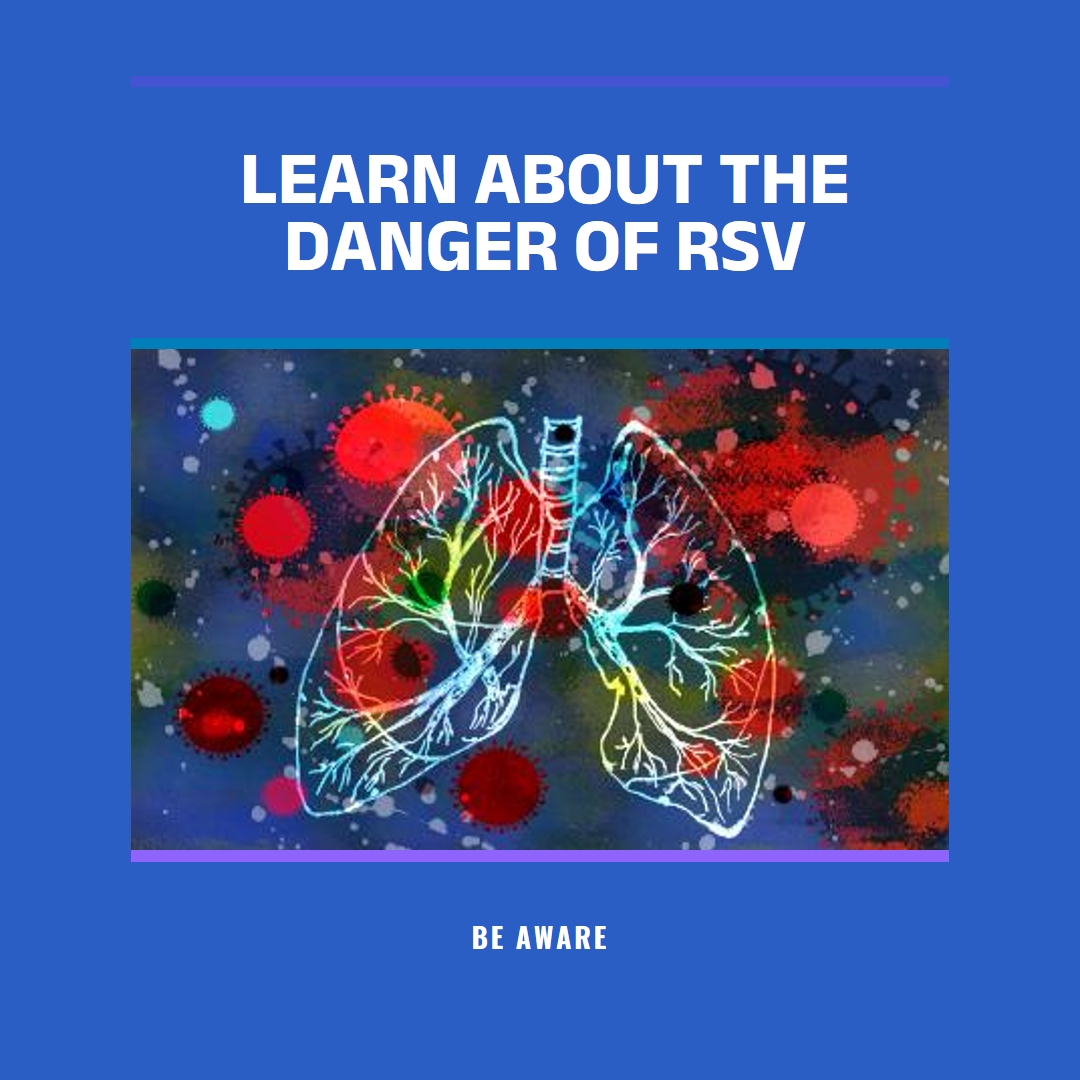Respiratory Syncytial Virus (RSV) is a common respiratory infection that can affect people of all ages but may be severe in babies, older adults, and those with weakened immune systems. Thus, understanding RSV and the role of vaccines is crucial for preventing and lessening its impact.
Overview:
Respiratory Syncytial Virus is a contagious virus that mainly affects the respiratory tract, causing bronchiolitis (inflammation of small lung airways) and pneumonia in infants. So, in older adults, especially those with weakened immune systems, RSV can lead to severe respiratory illness.
Transmission:
Respiratory Syncytial Virus spreads through respiratory droplets from coughs or sneezes of infected individuals. These droplets often land on nearby surfaces. And unfortunately, the virus can survive on surfaces. This makes it easy to catch by touching contaminated objects and touching the face.
Symptoms:
Common symptoms of virus infection include cough, runny nose, fever, and wheezing. In severe cases, it can cause breathing difficulties and respiratory distress. If you experience these symptoms, you should consult your doctor. Additionally, you may also perform an at-home test.
The Importance of Vaccination:
Since Respiratory Syncytial Virus infection poses a significant health risk, especially to infants and older adults, the CDC recommends several vaccines. There are recommendations for specific groups, including older adults, pregnant women, and infants. The specific recommendations are as follows:
Older adults (60+)
- RSVPreF3 (Arexvy)
- RSVpreF (Abrysvo)
Pregnant women
- RSVpreF (Abrysvo)
Infants and young children (RSV monoclonal antibody immunization is recommended)
- Nirsevimab (Beyfortus)
- Palivizumab (Synagis)
Getting Vaccinated:
Medicare Part D covers the cost of the vaccine if recommended by the Advisory Committee on Immunization Practices (ACIP). Thankfully, ACIP has recommended Respiratory Syncytial Virus vaccines.
With Medicare Part D, you shouldn't have to pay anything for the Respiratory Syncytial Virus vaccine. If you're charged, you can call 1-800-MEDICARE for help. If you have a Medicare Advantage Plan, check with your plan about where to get the vaccine and any associated costs.
You can receive the RSV vaccine at various places, like your doctor's office or a local pharmacy. It can be administered alongside other vaccines such as the COVID-19 vaccine and flu shots. This will help to protect against serious illnesses.
If you have any concerns, consult a doctor. Further information on this topic can be found in the provided links.
